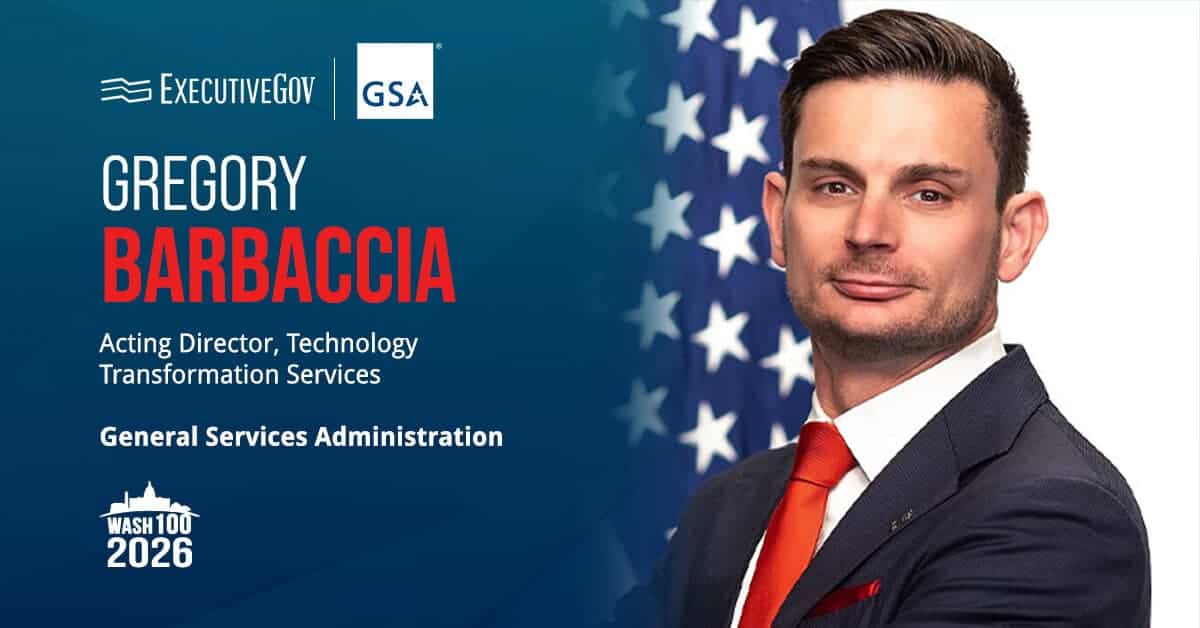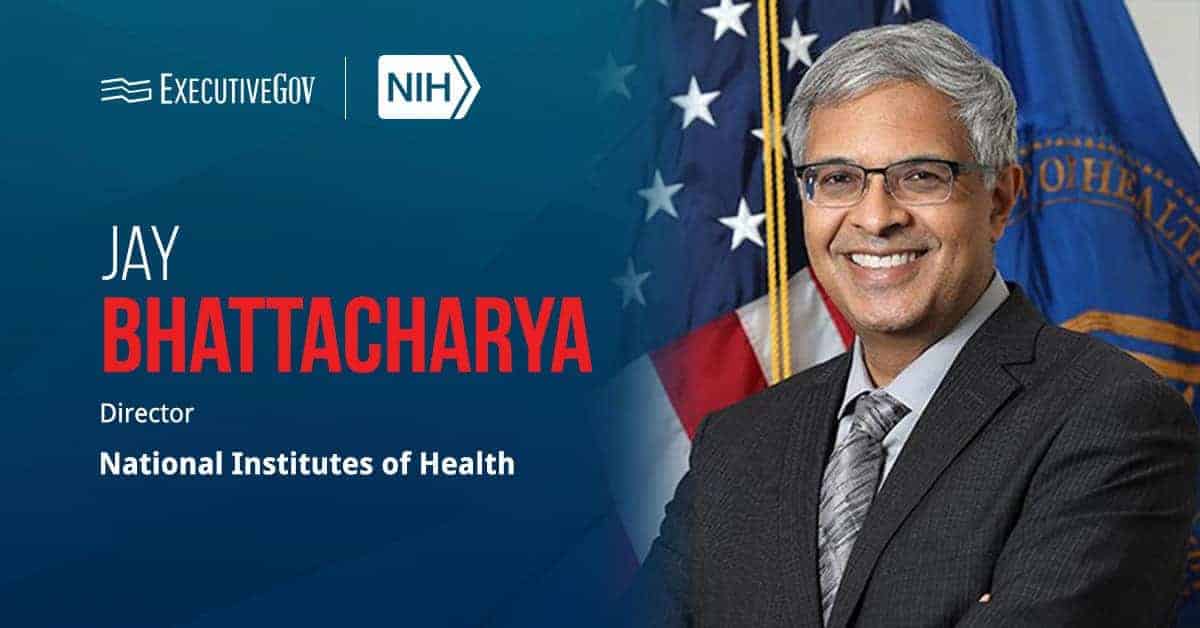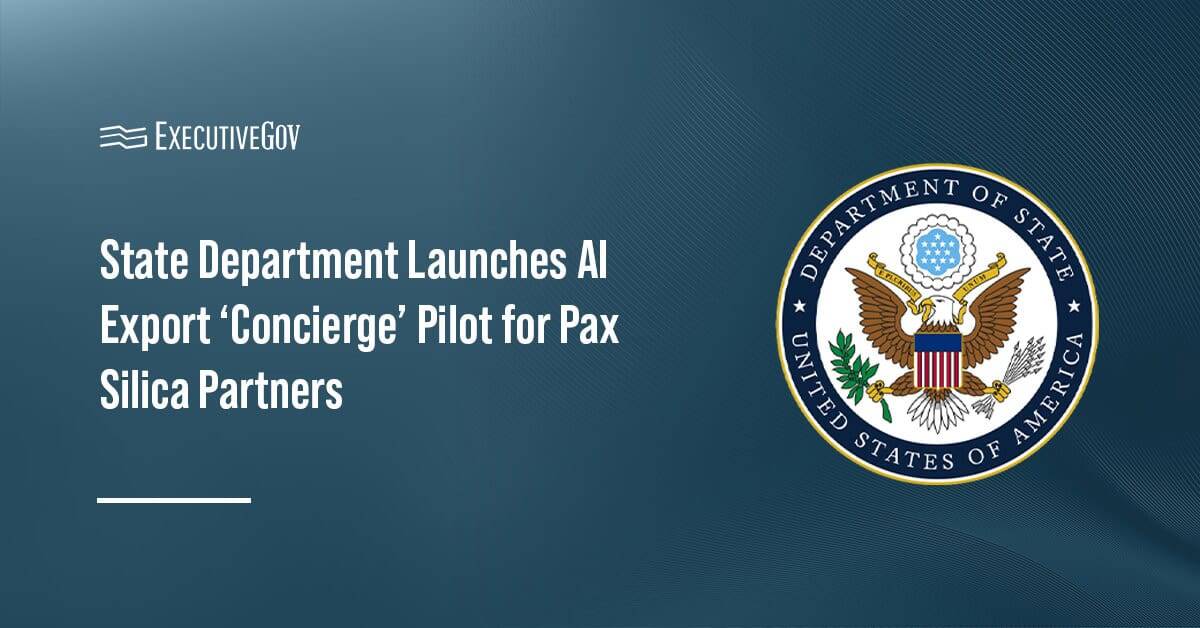
The National Oceanic and Atmospheric Administration has released an initial batch of computer codes to support open and collaborative development of weather forecasting models for use in National Weather Service activities.
NOAA said Wednesday it encourages members of the academe and industry to help the agency simplify its forecasting models through the Unified Forecast System to better support medium-range weather prediction.
Louis Uccellini, director of NWS, said the goal of the program is to enable UFS to “provide the basis for all of our weather, water and climate forecasts.”
“We invite researchers and modelers around the world to download and work with the code, so together we can advance numerical weather prediction to improve life-saving forecasts and warnings,” noted Neil Jacobs, acting administrator of NOAA.
The agency said that its Earth Prediction Innovation Center will oversee the UFS research and development initiative.





